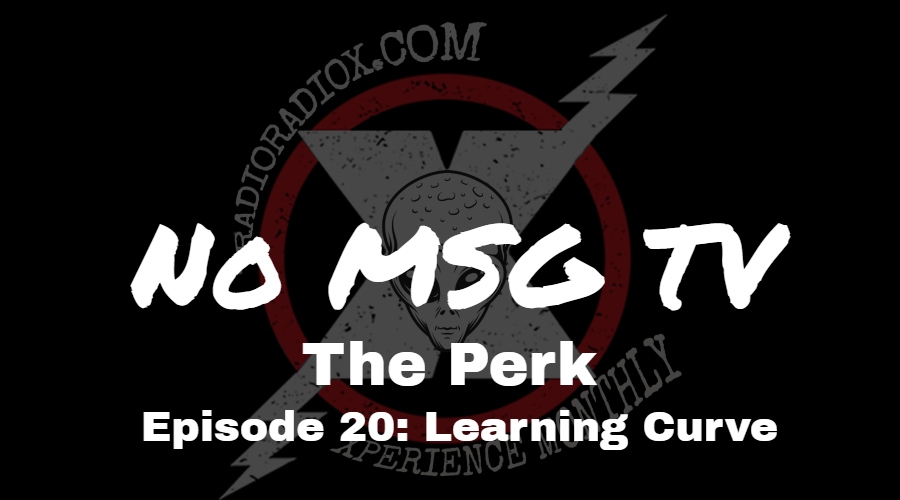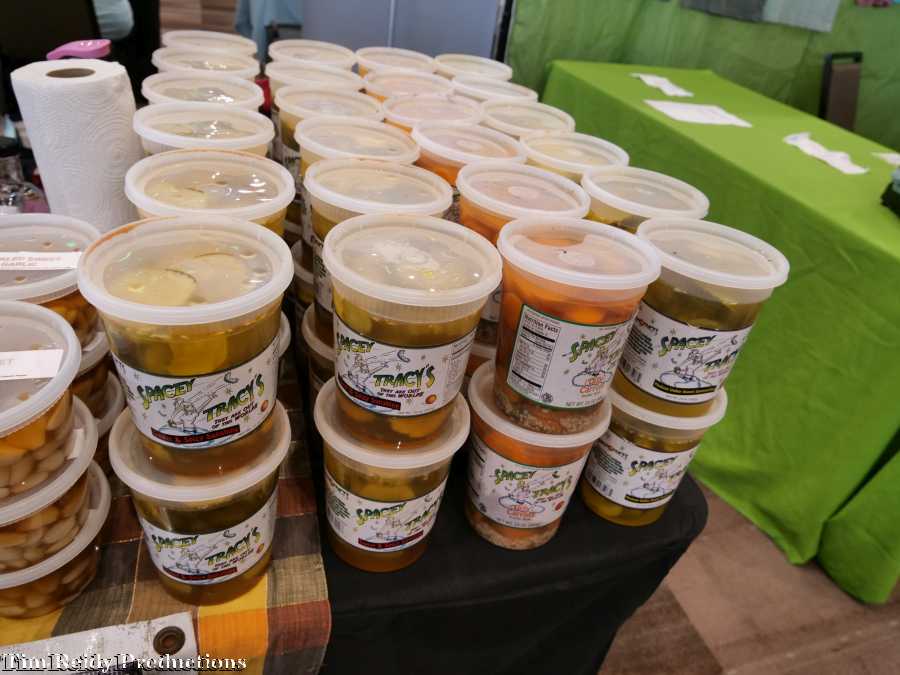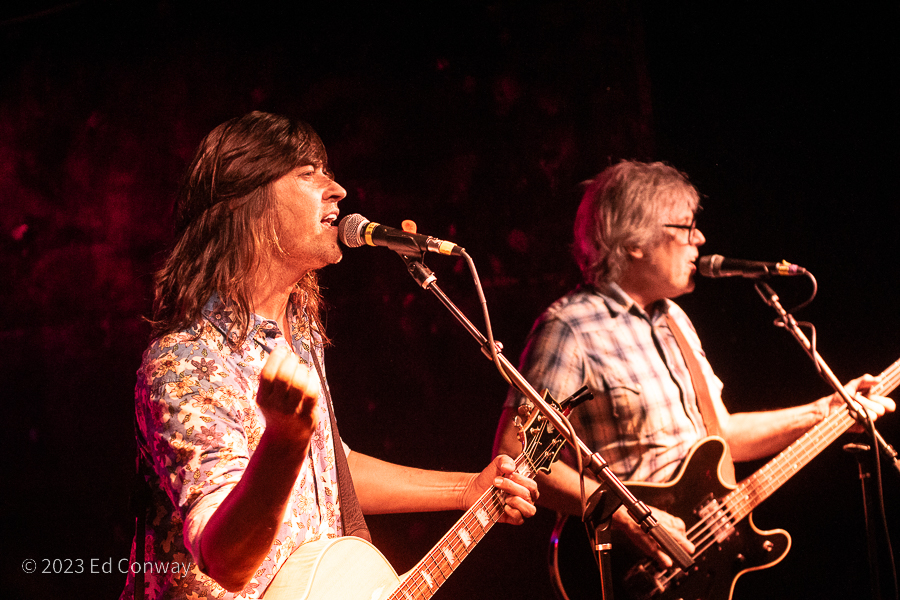Gate Crashers and the Indie Revolution (Part One)
By Staff on May 20, 2023
She dreamed of that big, fat, record deal. He dreamed of a shelf full of awards, twin Pulitzers front and center. He dreamed of highbrow people with martini glasses talking culture before his exhibit in that gallery, you know, that gallery. But them found themselves knocked off their ladders by ornate gates with not so ornate locks. And wouldn’t you know it; they got up, dusted themselves off a set to the task of building catapults and trebuchets.
The arts have always had people, institutions, and systems designed to protect the culture at-large from the unwashed masses of creatives that are, for reasons hard to pinpoint, “not a good fit.” But technology, and the adventurous spirit of newer generations, are creating a counterculture of “indie,” that more than threatens to sidestep the gatekeeping of the creative establishment. And come to find out, “indie” has a long history.
The slick-polished elite answer to any talk of the ills of gatekeeping is a jewel that runs something like, “we merely ensure that the cream rises to the top.” The best music gets the label, the best writer gets the Pulitzer, the best artist lands the exhibit at the Guggenheim. It’s fair, if not democratic, it is at least an egalitarian meritocracy.
Funny thing about that art exhibit…
Art Net reported on a study done by the academic journal Science about the success of artists over their lifetime, specifically in the caviar and foie gras version of the art world. And, to no real surprise, artists owed their success to discriminating gatekeepers. But what this study really did was look at a ton of artists’ lives over forty years, and it found that, wherever you started out, non-prestigious galleries, prestigious galleries, you pretty much stayed there. Only ten percent of artists that started out in less prestigious galleries ended up in more prestigious galleries.
Of course, those standing at the gates could say that “that’s because only ten percent were good enough.” But we all know that the art world is subjective. This needs no more demonstration than “The Comedian” by Italian artist Maurizio Cattelan. You know this one. It was a banana duct-taped to a wall in a Miami gallery. This art sold for $120,000. This writer does, in fact, believe that “The Comedian” is an artistic expression. But how is it in any way objectively “better” than any other work of art? The Science study, along with some horse-sense, would tell us that there are a handful of people who decide what’s “good” based on arbitrary measures, most likely personality-based, and they decide the commercial success of millions of artists using a “cool kids club.”
Now flip that, Jack. New York subways and kids with spray cans in their hands and urban renewal on their minds. Thinking Lee Quinones painting murals on whole subway cars, Bozzy Boz out there creating wild, untamed street art without anyone’s permission, looking for only the propers given by fellow artists. Because art will never ask the Guggenheim for validation. In fact, the major art galleries wanted graffiti after they realized it wasn’t going anywhere. But only some artists.
One last thing about the Science study. Ten percent of artists starting out low and going high – a separate 2014 study, not by Science, found that only ten percent of children born to the lowest fifth of income ended up in the top fifth. So they say there’s no connection between success in the art world and success in life, but maybe. Just maybe.
Gatekeeping is more than art. Writing has gatekeepers too. Writing is a little bit different. It’s more of a business. The industry is dominated by a proto-Monopoly known as the “Big Five” – Pengiun-Randomhouse, Simon & Schuster, Harper Collins, Hachette and MacMillan. They control 80% of all publishing that goes on in the U.S., bringing in $12 Billion a year. So they’re pretty much the ones who decide what Americans read.
The gatekeeping in publishing is different than that in the art world. The art world has gatekeeping in a relatedly closed market, so they restrict the number of people that can “make it” to increase the value of their “chosen.” Publishing needs writers. It doesn’t gatekeep to make what it does exclusive; it gatekeeps to maximize profits, by making sure the only stuff that makes it through is exactly the type of stuff it knows how to sell.
The gatekeeping of publishing stifles the voices of underrepresented people on the basis that the publishing industry doesn’t want to invest in building readership in marginalized communities. It doesn’t seem to see the effort as worthwhile; it’s a numbers game. Black and brown writers, LGBTQ writers, disabled writers are all segments of the reading public that the Big Five doesn’t feel like taking a chance on. And the sad thing is that this causes marginalized writers to do what writer Khalisa Rae called “soft censorship,” not writing about certain topics or toning down other, more personal topics because the writer knows it won’t sell.
This is a straight money thing, a profit motive. A bear shits in the woods cause it lives in the woods; that’s what this is. And the editors that pitch to publishers, and the agents that pitch to editors get caught up in it, and they catch a lot of the flack, but if you go to an agent with a book they don’t think the Big Five knows how to sell, they’ll pass on it. They have to. But people, myself included sometimes, have gotten frustrated with agents as gatekeepers.
Then Lo. And. Behold – this book in my hand. A month ago, it was a manuscript. Three weeks ago, it was a file being submitted to IngramSpark, a company that makes books on demand. Two weeks ago, ten of my books were on the way. Today? The box is sitting next to me.
Print-On-Demand publishing allows anyone to create a book. Unheard of, you say? Only crap writers self-publish, you say? Well to those sentiments, I say “your mother.” And I let a few names slip out of my sack – Thomas Paine, with “Common Sense,” Nathaniel Hawthorne, Ernest Hemingway, James Joyce, and Edgar Allen Poe. And nobody does it anymore, except for James Patterson, JK Rowling, and Stephen King. There are a lot more writers in my sack, but if I spill them, I’ll have nothing for the planting.
The biggest gatekeeper in writing is, sadly, other writers, writers who get through the gate and find it in their best interest to hold fast that gate from the inside. It is true that not everyone who’s published a book was good at it. But that razor hacks at Big Five writers too. Remember, they’re a product machine, not an arbiter of taste, no matter what they, or any writer says.
Indie books and indie publishers are out there. And just like the art world, the Big Five feels no conflict putting down indie writers until it picks one up that happens to be selling well.
There is a bit of a bright spot in the world of indie. Indie music. I say this is a bright spot because attitudes about indie music are pretty good. The big record labels are losing power, and the equipment needed to put out good music is within reach. That doesn’t mean that indie musicians don’t have struggles – they have massive struggles. Their main struggle is in getting discovered, not by big record labels, but by listeners. And the gatekeepers do still exist. In an article on Music Biz Academy, Christopher Knab outlined the steps that musicians go through, label or not. To quote him, “Artist, through self-management or professional management puts out their own CD, or gets signed to record labels who send the artist’s records to radio station music directors for airplay consideration and send records to writers and editors at magazines and newspapers for possible press exposure while buyers at distributors are persuaded to sell the records to retail stores while artists themselves or booking agents attempt to secure live performances to play in front of their audience.”
As far as revenue goes, that’s where indie artists are hurting. Spotify usually pays 0.003 to 0.005 cents per stream. So an indie artist’s popularity determines how much money they make directly off their songs, leaving sites like Bandcamp and merch sites to help them monetize.
It is funny that indie music and indie publishing share almost all of the same dynamics, yet indie music has a good reputation, and indie publishing, not so much. It might be because the music industry gatekeepers have always had a bad rap.
This is the first article of a four-article set. We’ll look more closely at the worlds of indie art, writing, and music. And we won’t limit ourselves to people who never found success. Unique books do get published, surprising people make it in the art scene, and Record Labels pick up indie artists. We’re really going to look at musicians, writers and artists that crashed the gates. And some that did it without trying.





 RadioRadioX
RadioRadioX